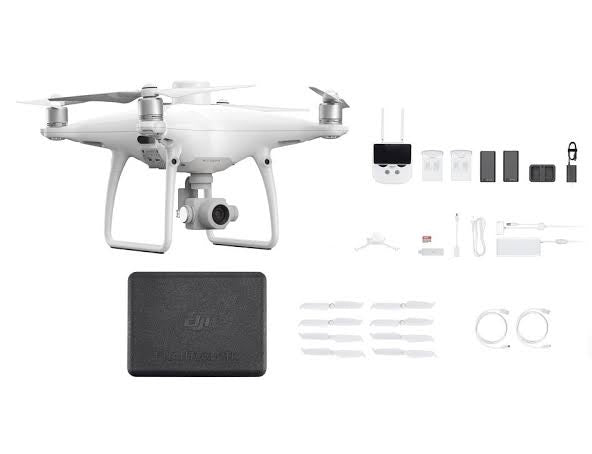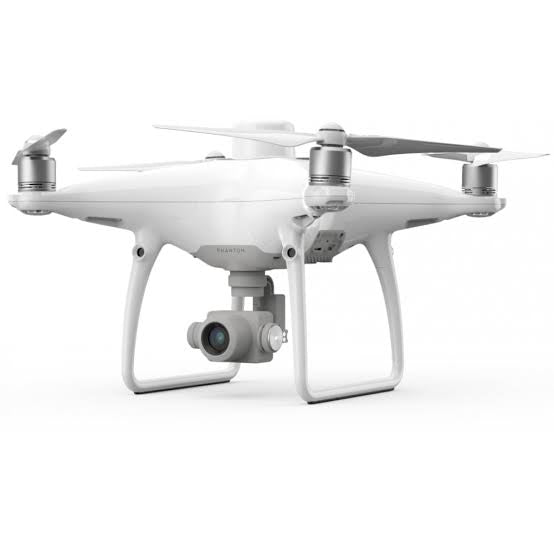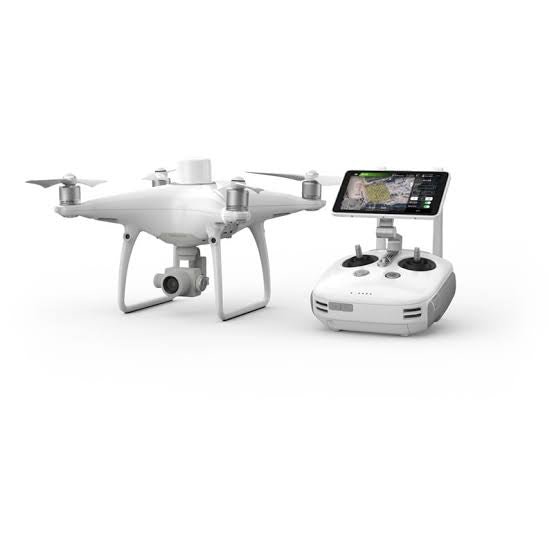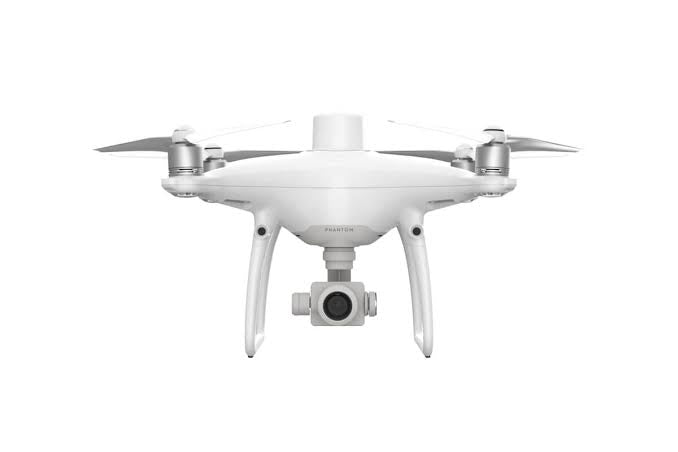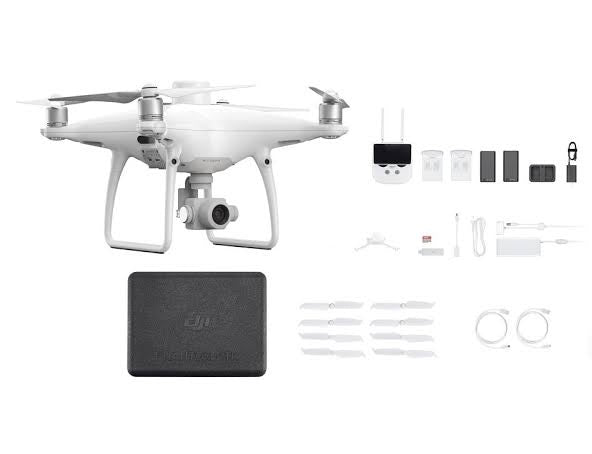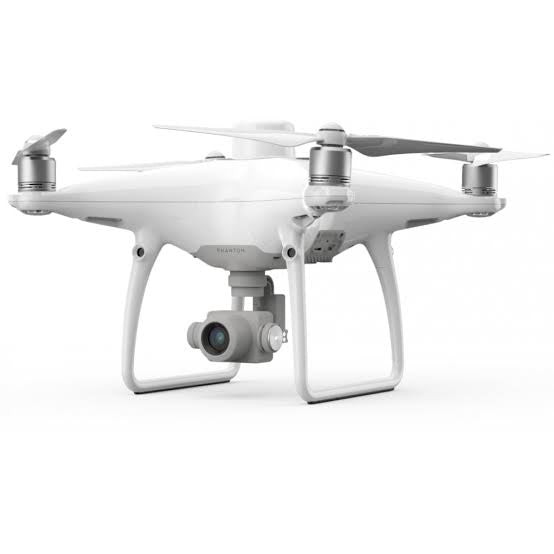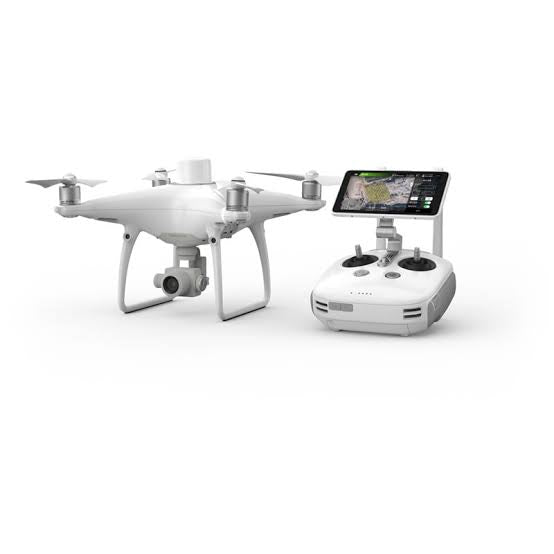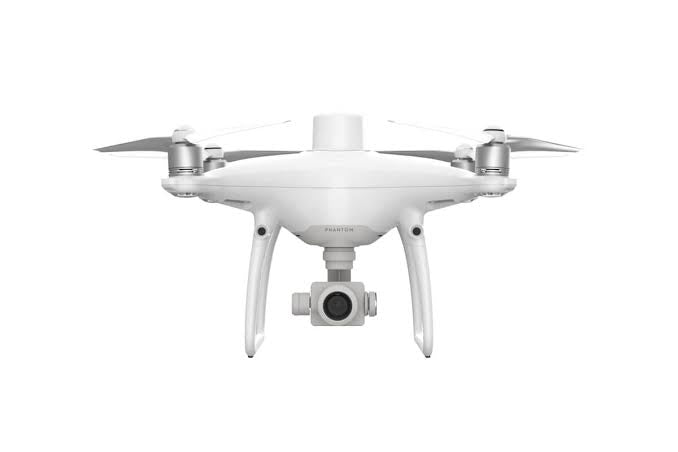Luck Tech Cameras
DJI PHANTOM 4 RTK (used)
DJI PHANTOM 4 RTK (used)
Couldn't load pickup availability
Available At:
DJI Phantom 4 RTK (Used) In Excellent Condition
Whats In The Box:
- 1x Aircraft
- 1x Remote
- 2x Batteries
- 1x Polystyrene Case
- 1x Wall Charger (+ AC Cable)
- 1x Charging Hub
- 4xPropellers
- 1x Gimbal Guard
- Enterprise-Level Drone Mapping Solution
- 1cm+1ppm RTK Horizontal Accuracy
- 1.5cm+1ppm RTK Vertical Accuracy
- Distortion Calibrated 1" CMOS Sensor
The Phantom 4 RTK Quadcopter from DJI is a Phantom 4 quadcopter that is designed to deliver centimeter-level accurate mapping that can be extremely useful for surveying, construction sites, and inspections. Utilizing an RTK receiver on the top of Phantom 4, the Phantom 4 RTK can achieve 1cm+1ppm RTK horizontal and 1.5cm+1ppm RTK vertical positioning accuracy.
In addition to the RTK receiver, the Phantom 4 RTK can achieve such accuracy thanks to DJI's TimeSync system and the gimbal camera's calibration process. The camera is the same one that's on a standard Phantom 4, but with the Phantom 4 RTK, each camera has its radial and tangential lens distortions measured. They are added to the metadata of all captured images, allowing for accurate post-processing that accounts for the distortions.
The Phantom 4 RTK can perform mapping duties in real-time and When mapping, pilots can utilize the Photogrammetry and Waypoint Flight modes in the GS RTK app. This gives mapping-specific functionality, such as selecting flight paths and directly loading KML area files. Combine it all and you have an enterprise-level mapping solution that can be used right out of the box.
Standard: The aircraft follows the route at a constant speed with the camera facing in the direction of flight.
Free: The aircraft only moves along the route when instructed. In this mode, the camera can face in any direction during a flight.
Trace: Follow behind or in front of a subject, avoiding obstacles automatically.
Profile: Fly alongside a subject at a variety of angles to get profile shots of the subject.
Spotlight: Keep the camera trained on a subject while the aircraft flies almost anywhere.
TapFly Forward: Tap to fly in the selected direction.
TapFly Backward: Tap to fly in the opposite direction of the tap, e.g. tap in the bottom right corner of the screen to fly backward towards the top left.
TapFly Free: Lock the forward direction of the Phantom without locking the camera direction allowing it to turn as it flies.
Note: Obstacle Avoidance is not available with TapFly Free.
Based on its altitude at the time of disconnection, the Phantom 4 RTK is also able to adjust its flight path to avoid obstacles it has seen during its flight. At takeoff, the Phantom 4 RTK will record the scene below and compare its recording with what it sees as it returns, for a more precise landing. It can also detect the ground to see whether there is a suitable spot for landing. If any obstacles are found, or if there is water on the ground, it will alert the pilot and hover at an appropriate height, helping the aircraft to land more safely.
Share
